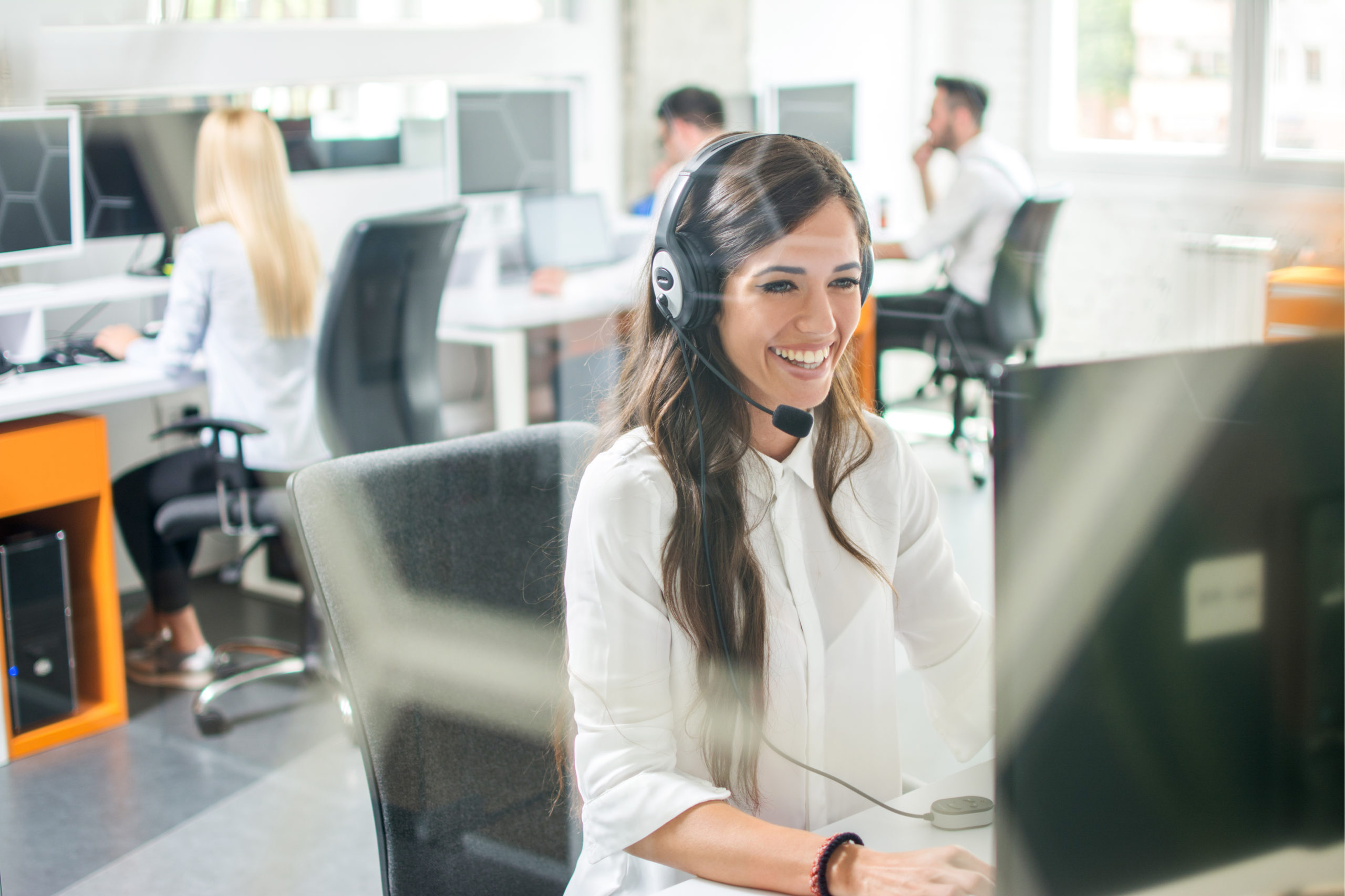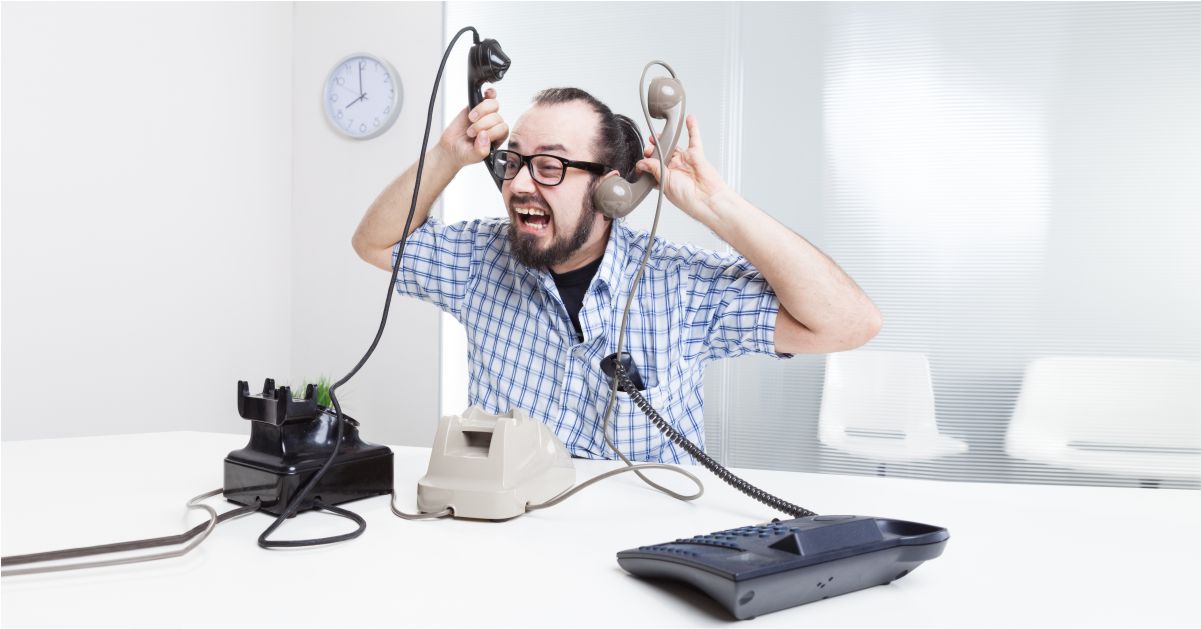All Categories
Featured
Table of Contents
Which Is Best The Benefits Of Secretarial And Telephone Answering ... Company
This device and its successors were created by Sava Jacobson, an electrical engineer with a private consulting business. While early answering devices utilized magnetic tape technology, many modern devices uses strong state memory storage; some gadgets use a mix of both, with a solid-state circuit for the outgoing message and a cassette for the incoming messages.
"toll saving" listed below) (virtual telephone answering). This is helpful if the owner is screening calls and does not want to consult with all callers. In any case after going, the calling party needs to be informed about the call having been responded to (most of the times this begins the charging), either by some remark of the operator, or by some greeting message of the little bit, or resolved to non-human callers (e.
This holds especially for the TADs with digitally saved welcoming messages or for earlier devices (before the increase of microcassettes) with an unique endless loop tape, separate from a second cassette, dedicated to recording. There have actually been answer-only gadgets without any recording capabilities, where the welcoming message had to notify callers of a state of existing unattainability, or e (reception services).
Which Is The Best Answering Services

about accessibility hours. In recording TADs the greeting usually contains an invitation to leave a message "after the beep". A voice mail that uses a microcassette to tape-record messages On a dual-cassette answerphone, there is an outgoing cassette, which after the specified number of rings plays a pre-recorded message to the caller.

Single-cassette answering machines contain the outbound message at the beginning of the tape and inbound messages on the staying space. They initially play the statement, then fast-forward to the next readily available area for recording, then tape the caller's message. If there are numerous previous messages, fast-forwarding through them can cause a significant hold-up.
This beep is often described in the welcoming message, requesting that the caller leave a message "after the beep". Little bits with digital storage for the recorded messages do not show this delay, of course. A TAD may use a remote control center, whereby the answerphone owner can ring the home number and, by going into a code on the remote telephone's keypad, can listen to recorded messages, or delete them, even when away from home.
How Do I Choose A Telephone Answering Service - Virtual Receptionist - Apso Service?

Consequently the maker increases the variety of rings after which it answers the call (generally by two, resulting in 4 rings), if no unread messages are currently saved, but answers after the set variety of rings (generally 2) if there are unread messages. This permits the owner to learn whether there are messages waiting; if there are none, the owner can hang up the phone on the, e.
Some devices likewise permit themselves to be remotely triggered, if they have been switched off, by calling and letting the phone ring a certain a great deal of times (typically 10-15). Some company desert calls currently after a smaller variety of rings, making remote activation difficult. In the early days of Littles a special transmitter for DTMF tones (dual-tone multi-frequency signalling) was regionally needed for push-button control, since the formerly utilized pulse dialling is not apt to communicate suitable signalling along an active connection, and the dual-tone multi-frequency signalling was executed step-by-step.
Any inbound call is not identifiable with regard to these homes in advance of going "off hook" by the terminal equipment. So after going off hook the calls should be switched to proper devices and only the voice-type is instantly accessible to a human, but maybe, nevertheless must be routed to a TAD (e.
Which Is The Best What Is A Phone Answering Service? Plan
What if I informed you that you do not need to really get your gadget when addressing a client call? Somebody else will. So practical, best? Responding to call doesn't need somebody to be on the other end of the line. Effective automated phone systems can do the technique just as effectively as a live representative and in some cases even much better.
An automated answering service or interactive voice action system is a phone system that communicates with callers without a live individual on the line - virtual call answering service. When business use this technology, clients can get the answer to a question about your company just by utilizing interactions established on a pre-programmed call flow.
Although live operators upgrade the customer service experience, many calls do not require human interaction. A simple recorded message or guidelines on how a client can obtain a piece of details generally resolves a caller's immediate need - business call answering service. Automated answering services are an easy and reliable method to direct inbound calls to the ideal individual.
What Is The Best What Is An Answering Service? - Ruby Blog 2023
Notification that when you call a business, either for assistance or item inquiry, the first thing you will hear is a pre-recorded voice welcoming and a series of alternatives like press 1 for customer support, press 2 for questions, and so on. The pre-recorded options branch off to other choices depending upon the consumer's selection.
The phone tree system helps direct callers to the ideal individual or department utilizing the keypad on a mobile phone. In some circumstances, callers can use their voices. It's worth noting that auto-attendant options aren't limited to the ten numbers on a phone's keypad. When the caller has actually chosen their very first alternative, you can develop a multi-level auto-attendant that utilizes sub-menus to direct the caller to the best type of assistance.
The caller does not need to communicate with a person if the auto-attendant phone system can handle their concern. The automatic service can path callers to an employee if they reach a "dead end" and require help from a live representative. It is pricey to hire an operator or executive assistant.
How Is The Best What Is An Answering Service Company
Automated answering services, on the other hand, are considerably cheaper and supply significant expense savings at approximately $200-$420/month. Even if you do not have actually devoted personnel to manage call routing and management, an automatic answering service enhances efficiency by permitting your group to concentrate on their strengths so they can more effectively invest their time on the phone.
A sales lead routed to customer service is a lost shot. If a client who has product concerns reaches the wrong department or receives incomplete answers from well-meaning employees who are less trained to handle a particular type of question, it can be a reason for frustration and frustration. An automatic answering system can reduce the variety of misrouted calls, thus helping your employees make much better use of their phone time while freeing up time in their calendar for other tasks.
With Automated Answering Systems, you can produce a personalized experience for both your personnel and your callers. Make a recording of your primary greeting, and simply upgrade it routinely to reflect what is going on in your organization. You can produce as many departments or menu alternatives as you desire.
Latest Posts
Cost-Effective Automated Answering Service Near Me
Quality Business Answering Service ( QLD)
Efficient Call Management Service – Australia